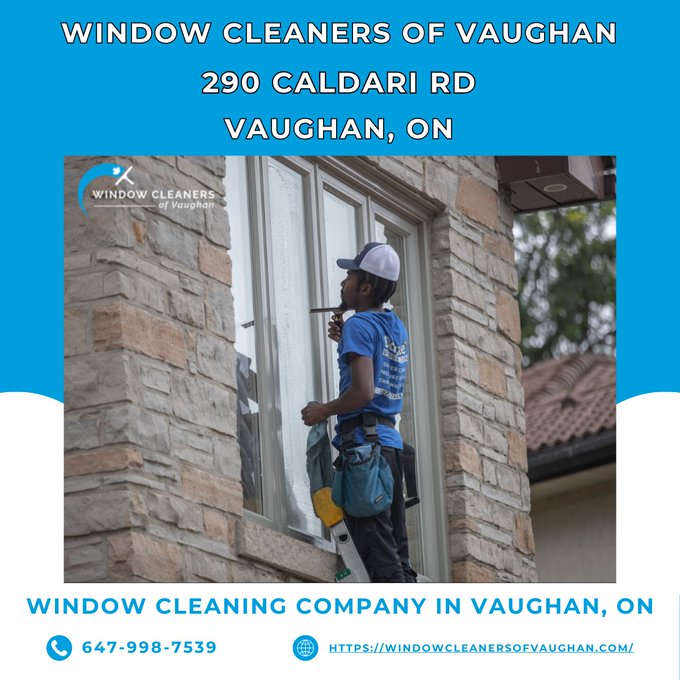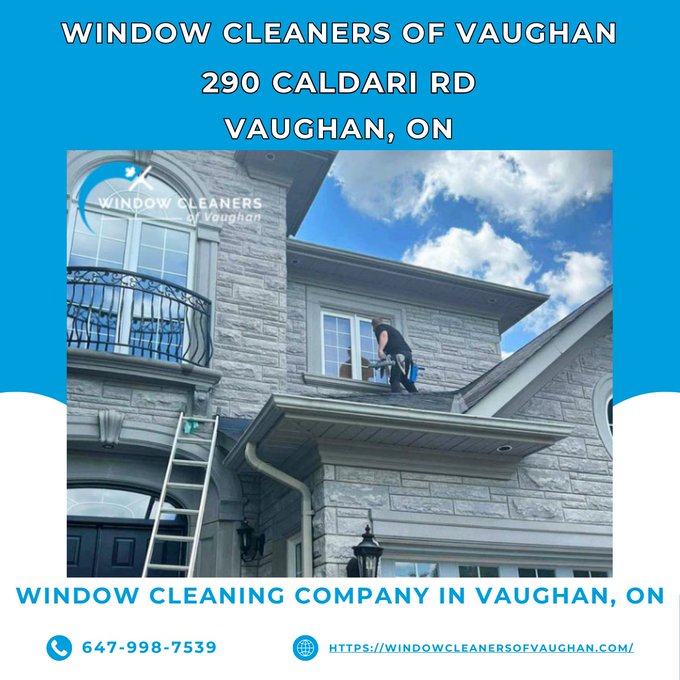Introduction
Cleaning windows is one of those chores that, while often overlooked, can make a significant difference in the overall appearance of your home. A sparkling clean window not only enhances curb appeal but also allows more natural light to flood into your living spaces. Many homeowners turn to vinegar as their go-to cleaning solution, believing it's an eco-friendly alternative. However, there are several disadvantages to using vinegar in your window cleaning routine that you might not be aware of. In this comprehensive article, we'll explore these drawbacks and offer insights into effective window cleaning practices.
The Disadvantages of Using Vinegar in Your Window Cleaning Routine
Vinegar has long been touted as a miracle cleaner for various household tasks. Its acidity allows it to cut through grime and grease effectively, making it an attractive option for many cleaning enthusiasts. But when it comes to windows, vinegar isn't always the best choice. Let's dive deeper into the disadvantages of using vinegar for window cleaning.
1. Vinegar Can Leave Streaks
One of the most significant downsides to using vinegar is its potential to leave streaks on glass surfaces. While many believe that vinegar cuts through dirt and leaves a clear shine, it can actually leave behind a residue that causes unsightly streaking.
- Why does this happen? Vinegar’s acidic nature can react with minerals found in water or on window surfaces. What can you do instead? Using distilled water mixed with professional-grade window cleaning solutions can help avoid streaks.
2. Not Effective on All Types of Grime
Vinegar works well on common dirt and dust but struggles against Window Washer Vaughan tougher stains like bird droppings or tree sap.
- What should you use instead? For heavy grime, consider commercial cleaners specifically designed for tough stains. How do professionals tackle this? They often employ specialized solutions tailored for different types of stains.
3. Compromising the Window Frame
Using vinegar indiscriminately may lead to damage, especially if it comes into contact with wooden frames or seals.
- What’s the risk? Prolonged exposure can weaken adhesive bonds and even warp materials. How can you mitigate this? Always ensure that you apply the cleaner directly onto the cloth rather than spraying it onto the frame.
4. Odor Issues
While some appreciate the smell of vinegar, others find it unpleasant. This odor may linger long after you’ve finished cleaning.
" width="560" height="315" frameborder="0" allowfullscreen>
- Can you mask the smell? Adding essential oils may help neutralize the scent. Should you consider alternatives? Many commercial cleaners come scented and provide a pleasant aroma without lingering odors.
5. Limited Longevity
The effectiveness of vinegar tends to diminish over time compared to professional-grade cleaners which have been formulated for longer-lasting results.
- What does this mean for your cleaning routine? You may find yourself needing to clean windows more frequently than if you'd used a higher-quality product.
Understanding Window Cleaning: Best Practices
Before diving into alternatives for vinegar-based solutions, let's take a moment to understand what makes window cleaning effective.
What Time of Year Should You Get Windows Cleaned?
Timing plays a crucial role in ensuring your windows remain spotless throughout the seasons:
- Spring: Ideal for removing winter grime and preparing for the summer sun. Fall: Great before winter weather sets in as leaves fall and debris accumulates.
Frequency Matters: How Often Should You Wash Your House Windows?
Regular maintenance is key! Depending on your environment:
- Urban areas may require every 1–2 months. Rural settings might only need biannual cleanings.
Window Washing vs. Window Cleaning: What’s the Difference?
Understanding these terms helps clarify expectations:
- Window Washing: Typically refers to exterior surfaces; mainly focuses on removing dirt from outside panes. Window Cleaning: A more comprehensive approach including interiors and frames, taking care of all aspects.
Professional Help: Is It Worth Getting Windows Cleaned?
Many homeowners ponder whether hiring professionals is necessary:
- Pros: Saves time, utilizes specialized equipment, achieves better results. Cons: Costs range significantly; DIY methods could suffice based on personal needs.
What Do Professionals Use?
Curious about what professional window cleaners put in their water?
The Secret Ingredients Used by Professionals
Professionals often rely on specialized solutions tailored to different types of glass surfaces:
Commercially formulated cleaners Water-fed pole systems Distilled water mixed with surfactantsThese options ensure optimal results without damaging frames or leaving streaks behind!
Common Misconceptions About Window Cleaning
Do Professional Window Cleaners Clean Screens?
You might wonder whether screens fall under their purview:
- Most professionals will clean screens as part of their service package but confirm during scheduling!
FAQs About Window Cleaning
Here are some frequently asked questions regarding window cleaning and maintenance:
What should you not do to clean windows?
Avoid using abrasive materials or harsh chemicals that could scratch glass surfaces or damage seals.
Is Dawn dish soap good for washing outside windows?
Yes! It's effective when diluted with water but remember not to use too much; otherwise, rinsing becomes challenging!
Why don't window cleaners use soap anymore?
Many prefer pure water systems as they are less likely to leave residues compared with traditional soaps.
How do I count windows for cleaning?
Count each pane separately; don’t forget sliding doors and any additional glass structures like sunrooms!
What liquid do professional window cleaners use?
They typically rely on specially formulated solutions designed specifically for streak-free results.
li27/ol2/hr6hr6/##
Conclusion
While vinegar is celebrated as an all-purpose cleaner in many households, it has its share of disadvantages when used Affordable Window Cleaning specifically for window cleaning routines. From leaving streaks behind to potentially damaging frames and failing against tougher grime, it's essential to weigh these factors before deciding on your preferred method.
Transitioning towards professional-grade products or seeking expert assistance might just elevate your home's curb appeal while saving time and effort in maintaining spotless windows year-round! After all, who wouldn't want sparkling clear views from their home?
In essence, although it's tempting to reach for that bottle of vinegar because it's readily available and inexpensive—considering its limitations will help ensure you're achieving truly crystal-clear results every time!

